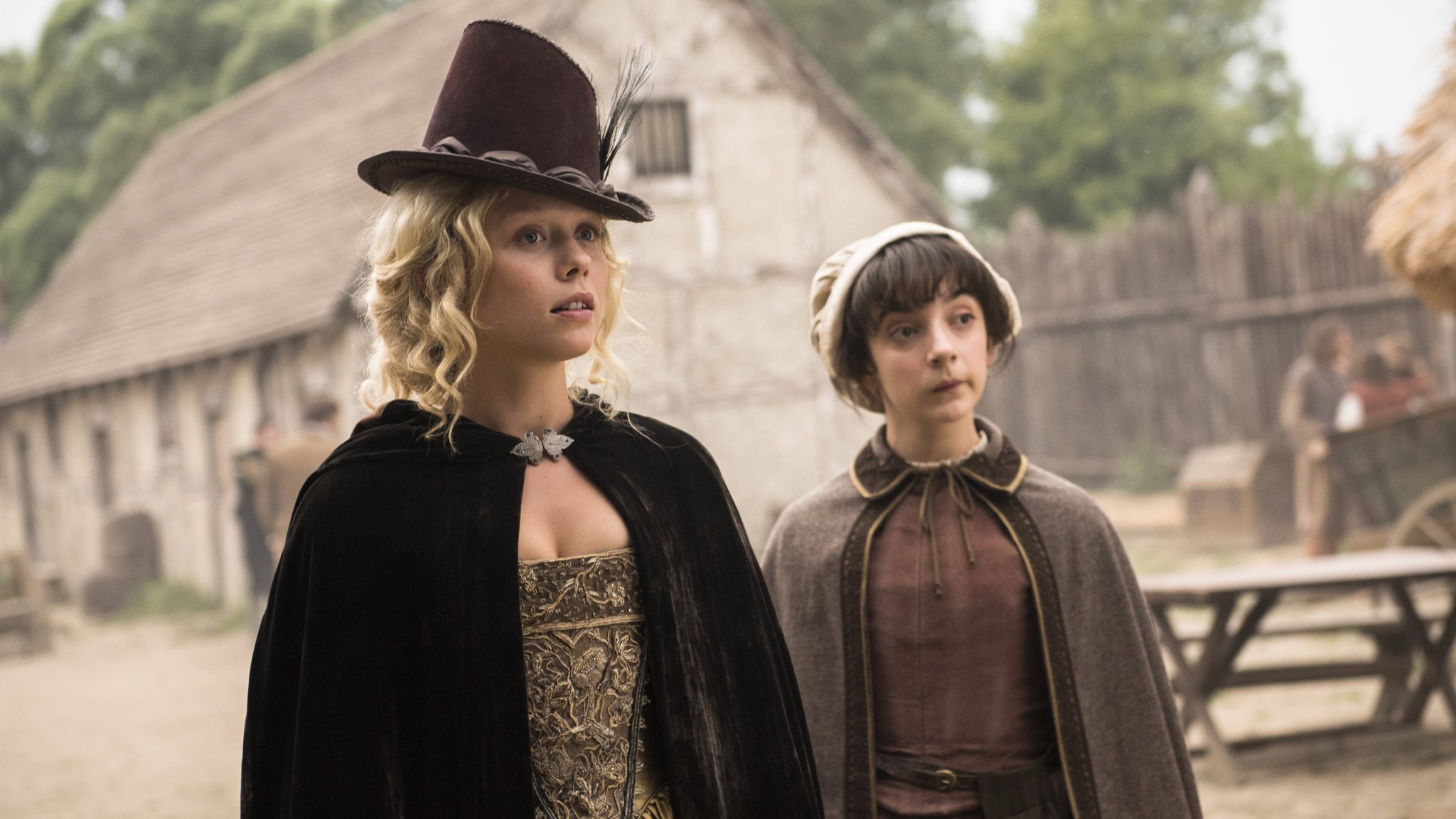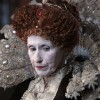Dramas like ‘Jamestown’ do us and history a disservice
an edited version of this column was published by the Financial Times on 13 May 2017.
Just over a year ago, I heard the novelist Jeanette Winterson speak at the launch of her latest book. She touched briefly on the subject of historical fiction, then on the mutable nature of human psychology. “What we fail to remember is this: the past is not merely the present in period dress.” I rather wish the producers of Jamestown — the latest execrable period TV drama from the producers of Downton Abbey — had been there to hear her.
Jamestown sells itself as the story of the first European women in the US — or, to quote some of the trashier advance publicity, “17th-century mail-order brides”. The first episode sees three young heroines arrive in Virginia to meet the husbands who have paid for their passage: all have reasons to leave England behind. By the second episode, screened in the UK this weekend, they face witchcraft trials. It wouldn’t be a colonial drama without an Arthur Miller pastiche.
As Europe looks towards Washington DC with greater concern for its democracy, there is something touchingly naïve about another drama strumming the chords of the American promise. Life for the Europeans is tough in Jamestown, but full of enterprise and hope: a major plot celebrates the real-life governor of Virginia, George Yeardley, and his liberal-minded plans to bring the first representative legislature to the colonies. How long, one wonders, will US production companies still be able to find European partners for such political soft-serve?
What has generated outrage among Britain’s historians this week, however, is not Jamestown’s rosy vision of the US but the depiction of its women. Twitter wars broke out when the critic Mark Lawson, who has the misfortune of being male, made the further mistake of questioning the plausibility of Jamestown’s “feisty” females. “They slap men’s faces, joke about their sexual failures, campaign for tougher sentencing for sex criminals”, wrote Mr Lawson. Surely real Jacobean women were broken-spirited drudges?
On this point, Mr Lawson is wrong. Distressing as it may be to hear, women have been joking about male sexual failure for as long as records exist. Consider Aphra Behn’s poem, “The Disappointment”, published in 1680 and concerned with misfortunes unprintable in a respectable newspaper. The literature of 17th-century Britain and the US is littered with the voices of women who mocked, abused and resisted men. The most famous fictional example is Moll Cutpurse, heroine of The Roaring Girl, in which a foul-mouthed adventuress in male dress deliberately humiliates the patriarch who has misjudged her as a whore and a thief. Moll Cutpurse may have been imagined by Thomas Middleton, but she was based on a real person: Mary Frith.
If anything, Jamestown exaggerates the sufferings of its women for titillating effect. In last week’s opener, we saw a rape before the first advert break; this week fiery red-headed Verity is locked in the stocks and dunked in a dubious viscous liquid. This is the George RR Martin school of scriptwriting, in which men seek to helpfully educate women viewers on the prevalence of sexual assault, lest we had previously lived in blissful ignorance. But the real female settlers in Virginia had a high level of freedom compared with their English sisters: the Virginia Company outlawed wife-purchasing (the whole premise of Jamestown), stating in its charter: “the liberty of marriage we dare not infringe” (this did not, naturally, apply to non-white women).
Women did successfully sue for rape. From 1687, we have records of Sarah Harrison’s Virginia marriage ceremony, during which she three times stated that she would not be obeying her husband.
So feminist historians have been right this week to fight back against the depiction of women’s history as one long sweep of silent suffering. But as so often, a flashpoint has distracted from the main debate. Mr Lawson made a gaffe about Jacobean women, but he is not wrong to highlight the tendencies of TV to launder its period characters in the wash of modern psychology. In the case of Jamestown, that is marked more by the absence of any real sense of a 17th-century religious imagination. In the first episode, only a comic fool prays to God for help; in the second, it’s a creepy priest with an anachronistic witchcraft obsession. Elsewhere, screenwriters frequently struggle to accept that 21st-century sexuality is not universal.
If we cannot imagine a society different from our own, we lose the ability to understand the world beyond ourselves. Today especially, we need to understand the religious drive — jihadis are not merely frustrated iPod customers, any more than Elizabeth I just needed a good vibrator.
A woman with Ms Winterson’s feminist credentials can understand that the past is not the present. A male critic should be permitted to say the same.







